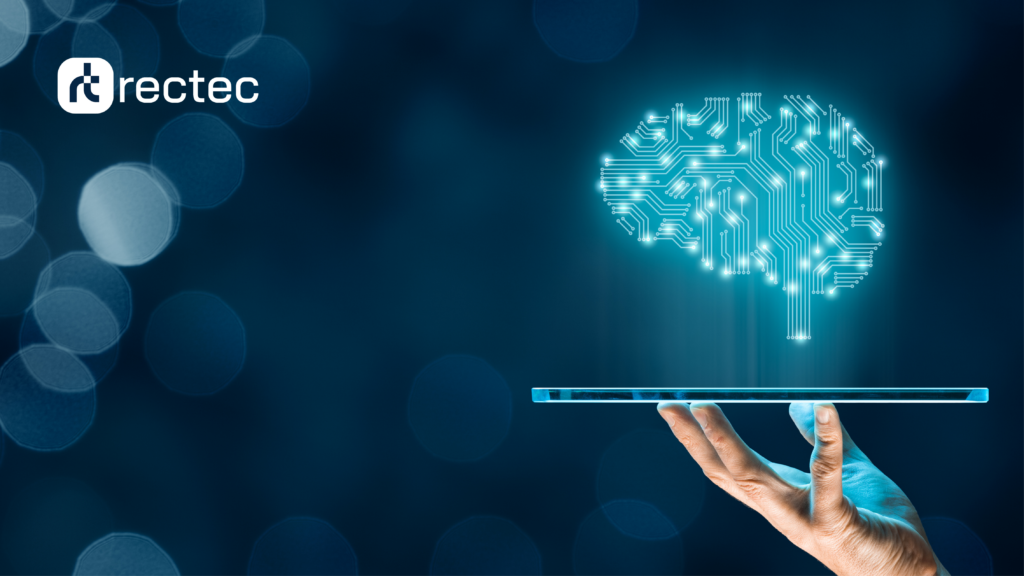The recruitment industry has, like many service-based industries, benefitted immensely from the spread of digital tools and the integration of automation like AI.
But as we sit on the cusp of Web 3.0, and as companies continue to rapidly digitise in the wake of COVID-19 and our new normal of hybrid working patterns and new candidate expectations, how will our industry – replete with numerous ATS providers and recruitment tech – continue to evolve?
It’s worth noting how employers are factoring in tech, and specifically AI, into the future of work.
- Sodexo, for instance, noted in one a piece titled How To Plan a FutureProof Workplace the centrality of tech to building more resilient, “elastic” workplaces,
- Ideal, in their piece AI For Recruiting: A Definitive Guide For HR Professionals, noted how AI is creating efficiency beyond the scope of human ability, especially earlier in the recruitment funnel, and how AI can create insights into their candidate pools,
- Business Insider, in a broad and detailed piece on AI and hiring practice, notes how AI can help in everything from “removing bias from the hiring process, to recruiting top talent, to identifying problems and conditions that cause an existing employee to quit”.
It’s safe to say AI is an objectively “good” thing to have in a recruitment tech stack, and seeing as AI is so integral to improving recruiting processes, when it comes to choosing the right applicant tracking system or recruitment CRM for your enterprise, its wise to consider the reach and impact of AI within a vendors’ package.
So, how does AI fit into this mesh of tech, people and platforms, how will effective AI be used, and what sorts of skills will be needed within recruitment companies and agencies to make the most of AI recruitment tech?
AI and Recruitment
Let’s clear the air a little. There is a lot of doom-mongering around AI, and how it will eventually remove the human from the workplace. But within recruitment, AI is being used in more subtle ways.
Referring, again, to the Workable piece above, “The term ‘artificial intelligence’ is greatly exaggerated”.
While in some sectors the importance of robotics, machine learning, predictive analysis and natural language learning is carving a swathe through the human capital market, in recruitment AI can be neatly summarised thusly (homaging Matt Alder from the above Workable piece again):
- Al is algorithms to match the right people to the right jobs,
- AI is machine learning to improve forecasting,
- AI is smart automation to improve and personalise marketing, outreach, comms and connections.
In short, AI is being leveraged to create relevance, personalisation, and efficiency. Not to remove the human from HR.
AI and Matchmaking Candidates to Jobs
Algorithmic candidate sourcing can be an imperfect tool. The critical challenge hiring managers have to contend with is to what extent AI can handle biases within hiring, and what sort of datasets are useful for machine learning systems to use in creating frameworks of matching talent.
“Develop and modify the inputs fed into your hiring programs and algorithms. Are these inputs job-related? Do they promote or impede diversity objectives? Do the data outputs follow robust privacy and data governance? What standards does your organisation follow to ensure the algorithms are nearing bias neutral?”
Eric Reicin, Forbes Council Member – AI Can Be A Force For Good In Recruiting And Hiring New Employees
AI and how it improves forecasting
Companies like Loxo leverage AI in creating digital forecasting tools for recruiters to integrate into their recruitment tech stack. They include tools like an intelligent recruitment platform to better connect with candidates (their famed proprietary Talent Graph), integrate social channels via public domains, and perfect an automated outreach campaign, using AI to rank talent.
This focus on emboldening teams with information, and using simple programming to help teams hit targets, source efficiently and use actionable information, is game changing.
Smart Automation in Recruitment
Smart, or intelligent automation is defined as, “the use of automation technologies – artificial intelligence (AI), business process management (BPM), and robotic process automation (RPA) – to streamline and scale decision-making across organisations”.
In short, this means AI is one part of a collection of tools that can effectively analyse data – in this case of recruiters, it could be the ability of a recruitment tech tool to better match candidates’ skills with job demands. This information then feeds into a BPM channel (automated recruitment marketing, for example), and helps provide information for RPOs (IE bots, if relevant) to place information in the right place (pay data in payslips, or performance review data in HR staff management systems).
AI, of course, doesn’t work without people. While the tools and trends of AI in recruitment – and the changing nature of recruitment tech overall – continue to innovate, AI has to complement and fall within the undying rule of recruitment: recruitment doesn’t work without trusted relationships. If AI can help improve that trust, then we’re in for a vibrant and efficient future of HR.
*
Rectec – and specifically our applicant tracking system and recruitment CRM comparison service Rectec Compare – was born from watching the industry evolve into a sprawling landscape of solutions focused on improving efficiencies, increased recruitment brand awareness, and improving recruitment processes from data handling to video interviewing.
With such a wide spread of solution options, and no dispassionate comparison service for employers seeking information on ATS systems and how to identify the right ATS or recruitment CRM for their company, Rectec was born.
Our own company has continued to grow amid this thriving digital landscape. We’ve recently launched the Rectec Marketplace, and we continue to support our ATS and recruitment CRM vendors and affiliate solutions providers with more access to our immense human capital market…and yes, there are tech tools in place within our very own Marketplace that match affiliate vendors with your needs, mirroring the systems above!
A quick, responsive process is what you need to attract and engage the best talent.
At Rectec we help organisations to find the best Applicant Tracking System or best Recruitment CRM to suit your needs, accompanied by our unique complimentary tech marketplace, to help you build the perfect recruitment tech stack for your business.
You can click here to register for Rectec Compare – and best of all, it’s completely free of charge.

